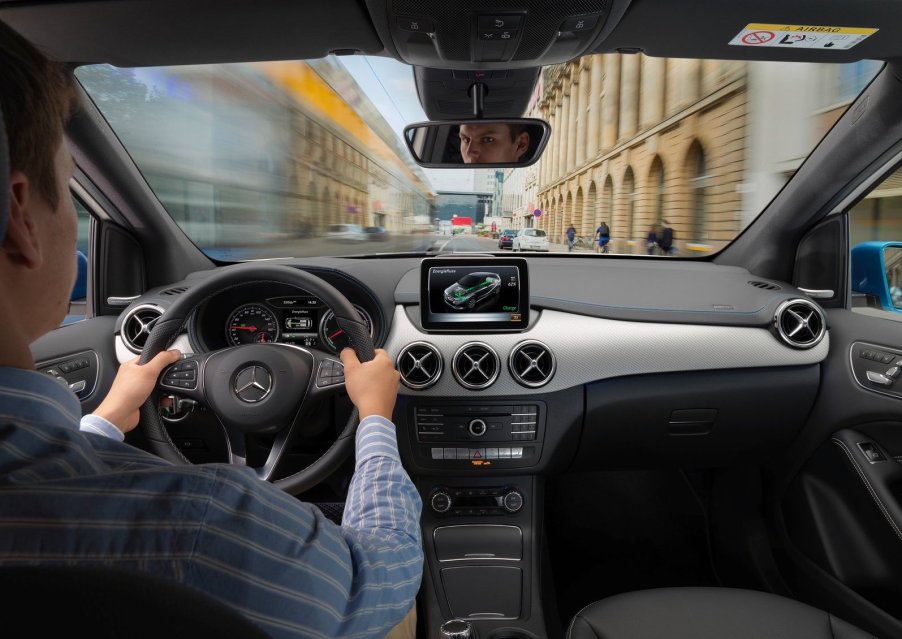
Does Driving Slower Actually Save Gas?
Whether you commute to work daily or just go out for a leisurely drive from time to time, you’ve probably come across that one car that we all shake our heads at. You know, the one car that’s driving slower than everyone else on the highway and they just have to get in front of you even though you’re not in the “slow” lane.
It’s usually Toyota Prius, or some other hybrid owner, that’s either taking their sweet time to get to get to their destination or trying their best to save as much fuel as possible. But does driving slower really save gas?
Driving the speed limit can be beneficial for optimal fuel economy
You might think that driving fast on the freeway, or any other road, means that your car’s gas mileage will suffer greatly. However, that’s really only the case if you happen to drive your car at wide-open throttle everywhere you go or slam on the accelerator at every green light. We don’t recommend doing that, and apparently, neither does the U.S. Department of Energy (DOE).
According to the DOE, although every vehicle reaches its optimal fuel efficiency at different speeds, a general rule of thumb is that a car’s gas mileage typically decreases at speeds over 50 mph. And for every 5 mph over that 50 mph speed limit that you drive, it’s like paying an additional $.20 per gallon of gas. That might not sound like much, but over time, it can have an effect on your wallet when you’re paying at the pump.

The DOE also stated that constantly accelerating and decelerating can reduce your car’s gas mileage by around 33 percent, which means that driving smoother can be more advantageous, and gas-saving, than driving slower.
If anything, keep your car driving at the speed limit and use cruise control whenever you can to get better mileage. Although, there are other ways to save money the next time you fill up as well.

Save fuel by breaking these habits
While you might think that driving at the speed limit and accelerating smoothly are the only ways to save fuel, there are other ways to get better mileage out of your car. Unfortunately, many of us have taken on some bad habits over years and by breaking them, you may be able to save more gas than you think.
- Leaving your car idling: Have you ever sat in your car while waiting for someone and left the car so that you can finish that chapter in the audiobook that you’re listening to? We all have, in one way or another. But letting your car idle actually means that it’s getting 0 mpg that whole time, which can drain your car’s gas tank quickly.
- Speeding up quickly: We said it before, but we’ll say it again; accelerating too quickly, either from a stop or at speed, can decrease your car’s fuel economy quickly. Instead, speed up gradually to the speed limit in order to save fuel.
- Excessive braking: Just like “jack-rabbit” starts and heavy acceleration, braking your car suddenly or too much can actually lead to lower fuel economy because you will likely have to give the car more gas just to speed up again. Instead, try slowing down gradually, when possible, as you pull up to a light or stop sign or even when you’re in traffic. Doing so will mean that you can gradually speed up again and save more fuel than if you were to accelerate harder.
Slower doesn’t typically equate to better fuel economy
Ultimately, driving slower doesn’t necessarily mean that your car is going to sip fuel. In fact, the pressure that you put on the gas pedal will have more of an effect on your car’s mileage whether you’re driving at a fast speed or not. But if you must drive slow, then don’t be “that car” and remember to stay in the right lane. After all, no one is really that interested in seeing you get the best gas mileage in your Prius.



